**Note: This page is for educational inspiration and is not officially affiliated with the origins of International Sudoku Day. International Sudoku Day is a day proposed by Nikoli, a Japanese puzzle company widely credited with popularizing the modern Sudoku puzzle, to be celebrated on September 9th (9/9) due to Sudoku being a 9x9 grid puzzle. For more information on Nikoli and their puzzles, please visit their official website (www.nikoli.co.jp/en/). For general information on Sudoku, you can explore puzzle websites or educational resources focusing on logic and problem-solving.
Wednesday 9th September 2026
Understanding International Sudoku Day in EYFS & KS1
Time to get puzzling! International Sudoku Day is a fantastic occasion observed annually on September 9th. This date was chosen because Sudoku is famously played on a 9x9 grid! While Sudoku is traditionally a number-placement puzzle, its core principles of logic, pattern recognition, and problem-solving are incredibly valuable for young children, even before they fully grasp complex numbers.
For early years settings, nurseries, preschools, childminders, and Year 1 and Year 2 classrooms, this day provides an engaging theme for exploring logic, patterns, numbers, and critical thinking. It's about introducing foundational mathematical concepts and problem-solving skills in a fun, accessible way. This day offers fantastic planning ideas and inspiration for engaging activities that truly resonate with young minds, making learning about mathematics and reasoning both challenging and rewarding.
Why Is Teaching About Logic & Problem-Solving Important for Young Children?
Integrating lessons about logic and problem-solving into your practice with young children (aged 0-7) helps foster their cognitive development, mathematical reasoning, and ability to think systematically. During their early years, children are constantly making sense of the world around them, and engaging with puzzles like Sudoku (in an age-appropriate format) strengthens these vital skills.
Critical Thinking: Puzzles encourage children to analyse information, identify rules, and make deductions.
Pattern Recognition: Sudoku's reliance on patterns helps children observe sequences and predict outcomes, a key mathematical skill.
Number Sense (Early Stages): Even simple picture Sudoku introduces the idea of unique items in rows/columns, building pre-number skills. Our basic sudoku puzzles - pictures and numbers resource directly supports this.
Persistence & Resilience: Solving puzzles requires concentration and perseverance, teaching children to keep trying even when a challenge seems difficult.
Visual-Spatial Reasoning: Arranging items in a grid helps children develop their understanding of space and relationships between objects.
Foundation for Maths: The logical reasoning developed through Sudoku-like activities forms a strong foundation for more complex mathematical concepts later on.
Engaging Logic & Problem-Solving Activities for International Sudoku Day (0-7 Year Olds)
Make International Sudoku Day a truly brain-boosting experience with these planning ideas and activities perfect for EYFS and KS1 children. The focus is on playful learning, observation, and clever thinking! The primary printable resource we have for this page, basic sudoku puzzles - pictures and numbers, is specifically designed for this.
Here's some inspiration for bringing the fun of Sudoku and logic into your setting: (Please use your own discretion and knowledge of your children to ensure appropriateness of each activity and safety concerning any materials given and activity undertaken.)
Picture Sudoku Introduction: Introduce the concept of Sudoku using our basic sudoku puzzles - pictures and numbers. Start with the simpler picture grids (e.g., 2x2 or 3x3) where children place a unique picture in each row and column. This removes the numerical barrier while teaching the core logic.
Number Sudoku (Early Years Adapted): For children ready for numbers, progress to the number grids within the basic sudoku puzzles - pictures and numbers resource. Start with smaller grids (e.g., 3x3 or 4x4) using only numbers 1-3 or 1-4.
Object-Based Grid Puzzles: Create your own Sudoku-style puzzles using physical objects! Use a muffin tin or a 3x3 grid drawn on paper. Provide three different types of small objects (e.g., a button, a leaf, a block) and challenge children to place one of each object in every row and column.
Pattern Block Puzzles: Use pattern blocks (squares, triangles, circles) to create simple grids. Children can try to fill in missing pieces, ensuring no shape repeats in a line.
Colour Sudoku: Draw a grid and use coloured counters or felt shapes. Challenge children to place one of each colour in every row and column.
"What Comes Next?" Pattern Games: While not Sudoku directly, activities that focus on "what comes next" in a pattern (e.g., red, blue, red, blue, ?) help develop the same logical sequencing skills.
Display: Create a small display showcasing some completed Sudoku puzzles (picture or number) and photos of children engaging in grid-based activities. A simple banner saying "We love puzzles!" would work well.
These activities offer great inspiration for making International Sudoku Day a memorable and impactful experience in your early years and Key Stage One setting, fostering essential logic, problem-solving, and mathematical reasoning skills in a playful way.
To explore ideas surrounding additional early years events, please visit our 'Special Dates Calendar' page.
Printable resources to support teaching & learning surrounding: ‘International Sudoku Day’
(More coming soon!)
Additional Pages you may like to explore which cover relevant &/or Connected themes
More Early Years Event Pages for September
Explore special dates (including awareness dates, festivals, celebrations & events) relevant to your EYFS & KS1 children
Browse our ‘Special Dates Calendar’ page using the link below. You’ll find calendars for every month of the year to aid your planning!
SEARCH ‘LITTLE OWLS Resources’ USING THE FOLLOWING MENU BUTTONS…
Disclaimer:
This page is for educational purposes only and is intended to support early years and primary practitioners with ideas and resources related to 'International Sudoku Day'. We are not officially affiliated with or endorsed by Nikoli, the Japanese puzzle company that proposed this day. We do not claim any rights to specific trademarks or official materials associated with this day. For more information on Nikoli, please visit their official website at www.nikoli.co.jp/en/. For general information on Sudoku, you can explore reputable puzzle websites or educational resources focusing on logic and problem-solving.


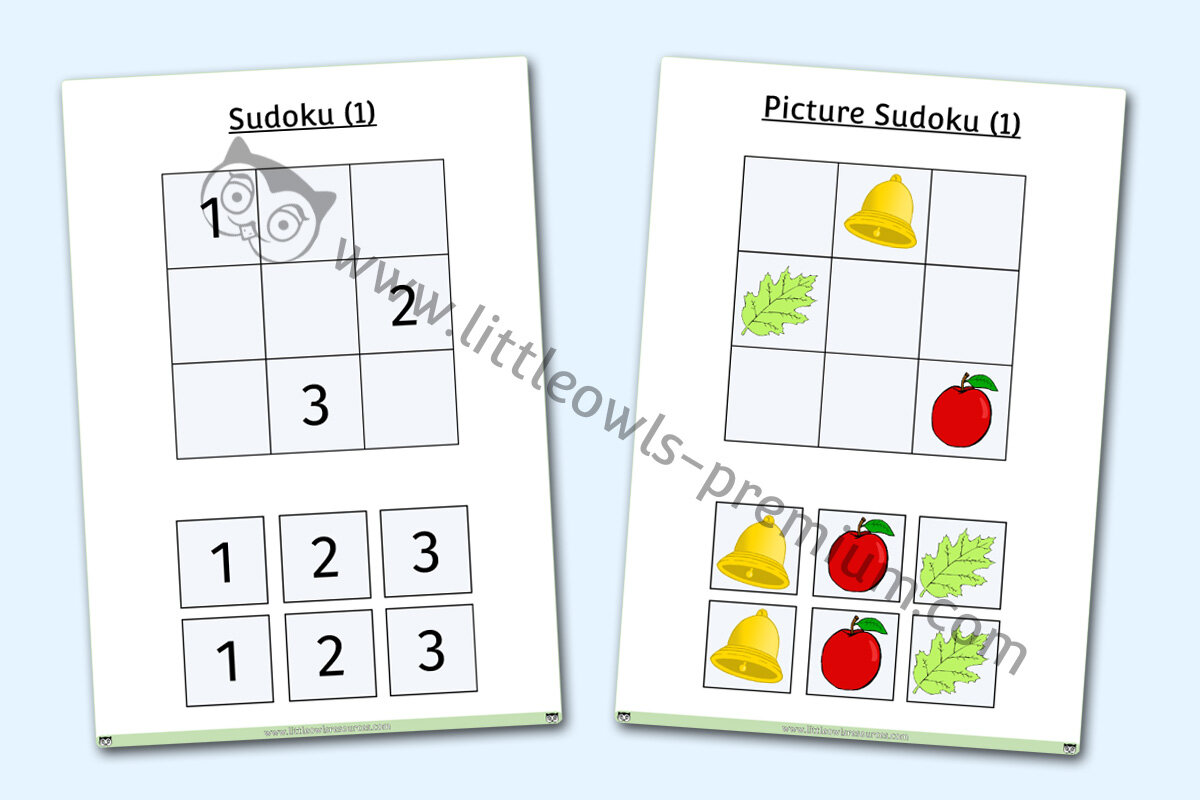





















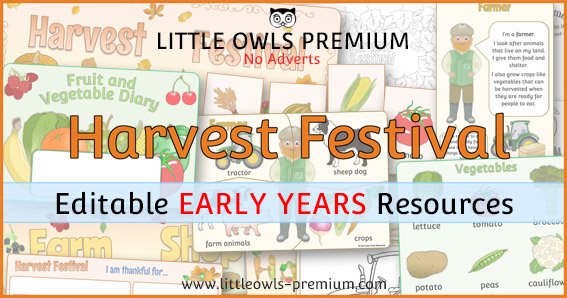
















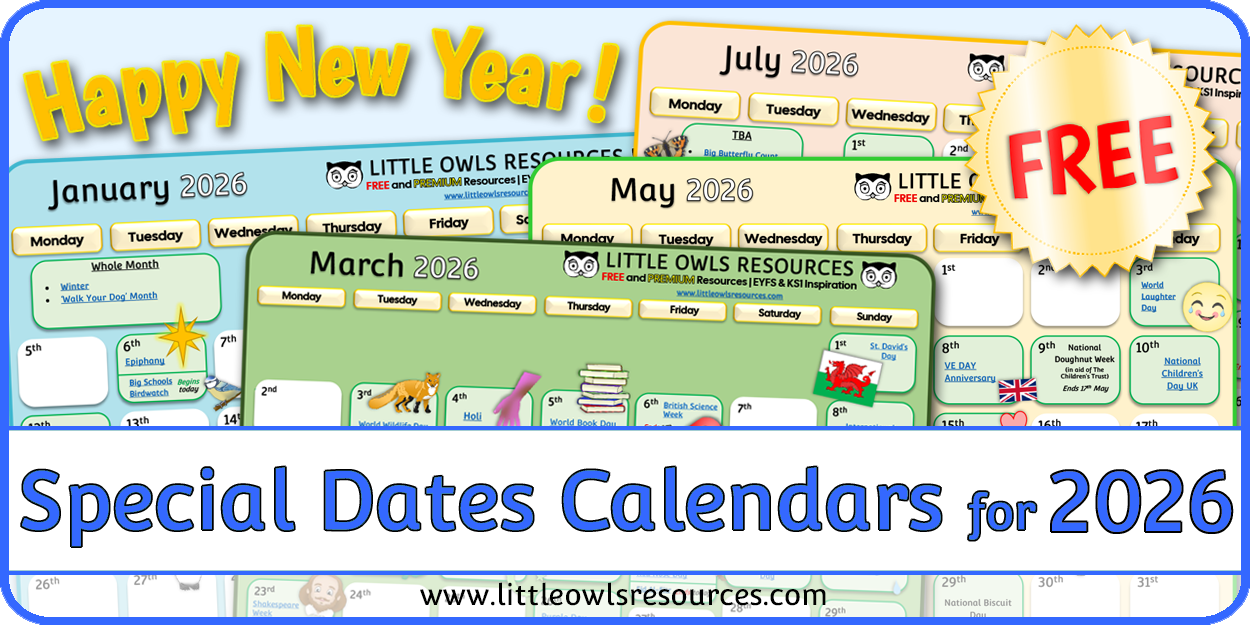
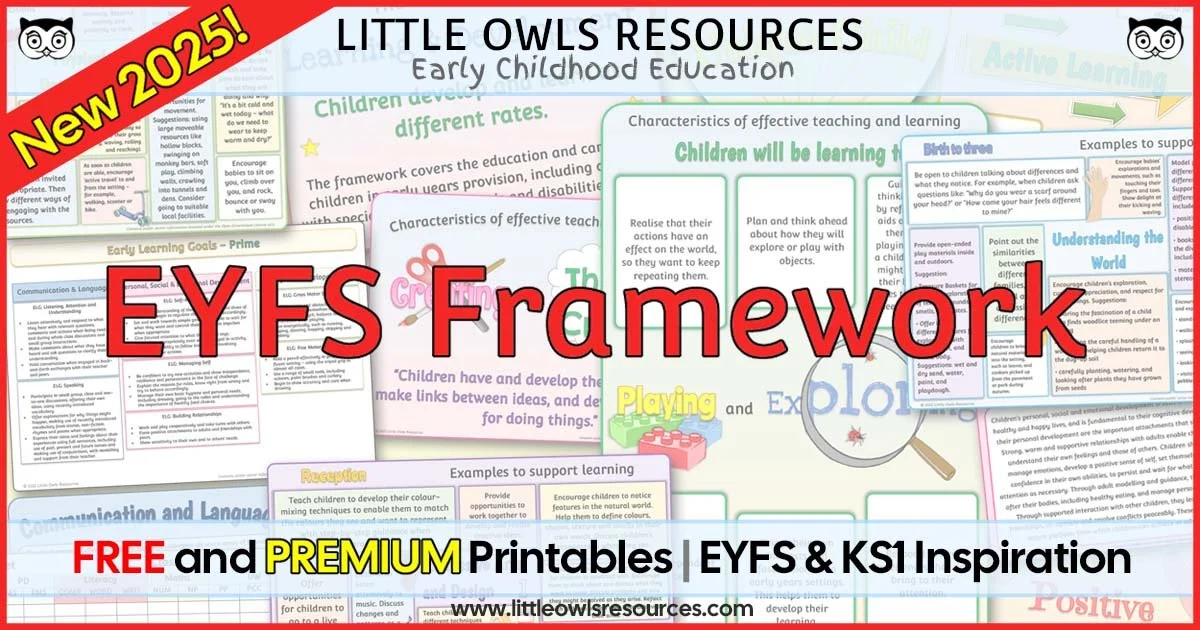



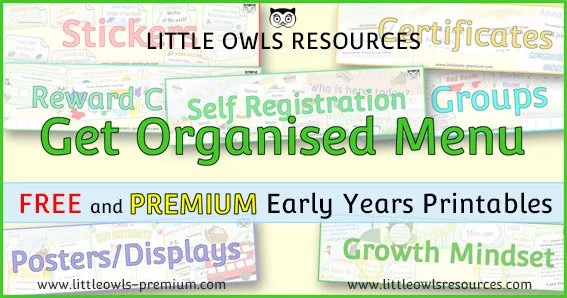

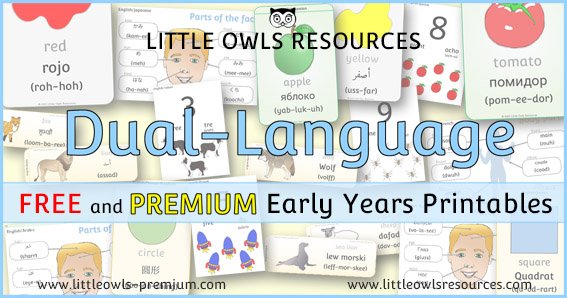
Let's open a book and dive into amazing stories and adventures! 📖✨ International Children’s Book Day (ICBD) is celebrated every year on April 2nd. This special day is chosen because it's the…